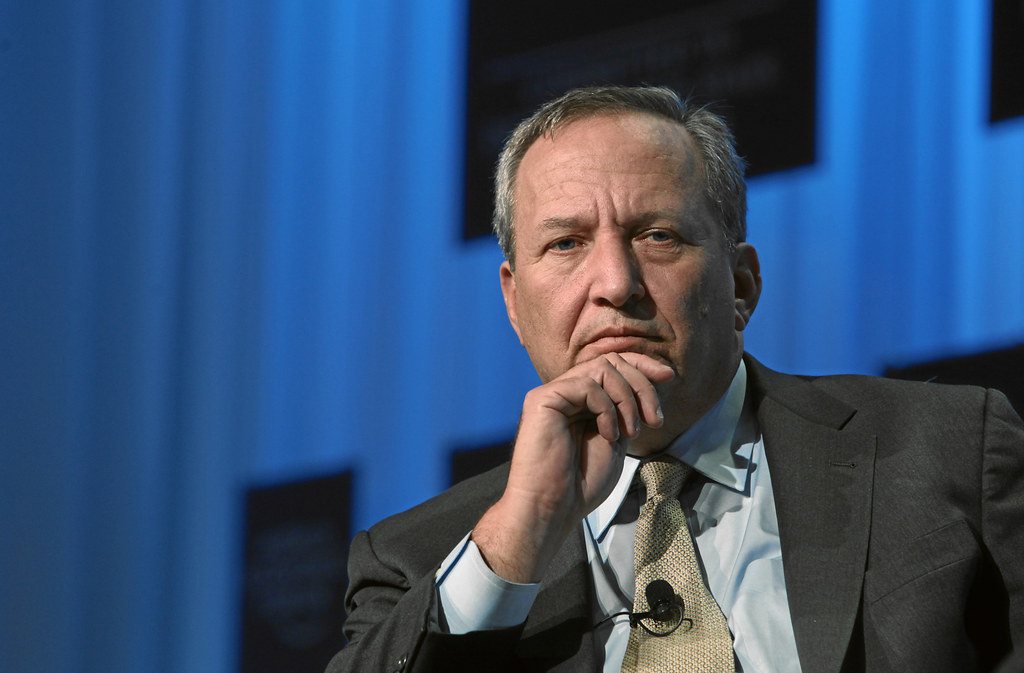Chalk up another fraud allegation against a fintech company with direct ties to former Treasury Secretary Larry Summers.
This one’s a doozy. Short-seller Hindenburg Research, which made waves for wiping $100 billion off of Indian conglomerate Adani Group’s stock price in January, says the payments mogul Block has inflated user metrics, ignored widespread criminal transactions on its platforms, and evaded regulations.
Hindenburg is a financial company making a big bet against Block, so their case should be taken with a grain (or more) of salt. That said, their thorough report on the case against Block is full of allegations and substantiating evidence, including:
- Between 40 and 75 percent of the accounts on Block’s consumer transactions app Cash App are fake or fraudulent, and it is “by far” the top app used in reported U.S. sex trafficking. Cash App’s management suppressed internal concerns and ignored user pleas regarding this criminality, in violation of anti-money laundering (AML) and know your client (KYC) laws.
- Cash App and its partner banks facilitated many fraudulent claims for COVID-19 relief money. (Many fintech apps which participated in COVID-19 aid programs facilitated fraud.) Cash App was warned by the Secret Service, Department of Labor, Financial Crimes Enforcement Network, and other regulators, and ignored these warnings.
- Block deliberately routed its payments network for consumer business transactions through a smaller bank to avoid federal prohibitions on interchange fees, which are fees charged to merchants for accepting credit or debit cards. If you’ve ever seen a business which uses Block charge higher prices if you pay by card, this is why. The SEC may be investigating Block for this practice, according to Hindenburg.
Hindenburg also points out that Block acquired the “Buy Now, Pay Later” company Afterpay in January 2022, which is now bleeding money for Block. “Buy Now, Pay Later” lenders are essentially trendier, digital cousins of payday lenders: they offer short-term consumer loans at extremely high interest rates.
How does all of this relate to Summers? Because he’s been on Block’s Board of Directors since 2011, back when it was called Square before CEO Jack Dorsey changed the name to appeal to cryptocurrency types. Summers still sits on the board today. In theory, preventing sketchy and possibly criminal practices like this is part of his job. In practice, having a former Treasury Secretary and Democratic insider on its board probably helps Block fend off government investigations and prosecutions.
Oh yeah, and Summers is also on the advisory board of Afterpay, the “Buy Now, Pay Later” company which Block purchased. You remember, the one that’s sort of like a payday lender? Auspicious!
Add this on to Summers’ longtime connections to the imploding crypto conglomerate Digital Currency Group, his advisory status with the sketchy crypto wallet firm Xapo, and his relationship with Atlas Merchant Capital (which tried to take the crypto company Circle public through a disclosure-dodging SPAC.) Once again, we ask: are any of the financial journalists who slobber over Summers’ every word going to ask him about why he does business with some of the sketchiest digital finance firms around?
The Hindenburg report means that Summers has clear conflicts of interest on several key topics in economics and finance. Journalists should think twice before giving Summers airtime or column space on these subjects:
- Consumer financial protection, especially from fintech apps and platforms
- Payment technologies, the digital dollar, central bank digital currency, and cryptocurrency generally
- The legitimacy of short selling
- Money laundering and KYC rules
- Financial access and the underbanked
- Fraud in the pandemic relief programs
- The valuation of tech stocks or financial services firms.
Better yet, maybe leave Summers alone altogether. Practicing economists who don’t spend most of their time advising or directing shady corporations can analyze the headlines too!
PHOTO CREDIT: “Lawrence H. Summers – World Economic Forum Annual Meeting Davos 2010” by World Economic Forum is licensed under CC BY-NC-SA 2.0.

